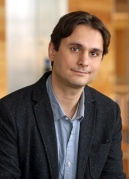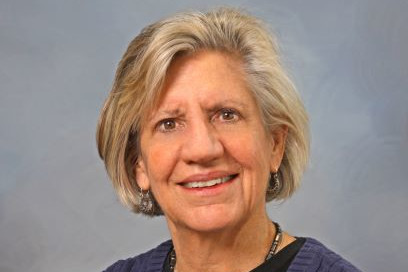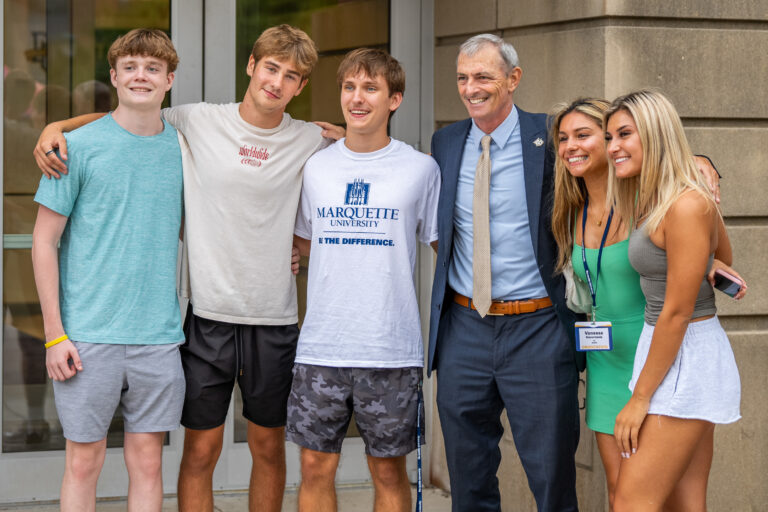
Dr. Henry Medeiros, assistant professor of electrical and computer engineering in the Opus College of Engineering, has been awarded a Faculty Early Career Development (CAREER) Award from the National Science Foundation worth more than $515,000 for his research project to create a framework that will enforce temporal consistency in computer vision algorithms.
The project, titled “A Unifying Stochastic Framework for Temporally Consistent Computer Vision Models,” is a five-year award aimed at substantially simplifying the problem of recognizing and reconstructing complex objects in unstructured environments.
“Humans make complex inferences about their surrounding environment with virtually no effort due in large part to a sophisticated sense of visual perception,” Medeiros said. “Artificially reproducing the capabilities of the human visual system requires the ability to enforce temporal consistency among pixels observed in sequences of images, which is one of the grand challenges of computer vision. This project represents an ambitious step towards this goal, while also developing an evidence-based educational framework that builds upon the research activities.”
The research team will create a stochastic framework that learns how to leverage logical information about objects of interest to adjust both spatial and temporal visual information with the goal of enforcing temporal consistency in computer vision algorithms. These efforts will introduce a new model for the representation of motion models that enforce temporal consistency among video frames at the pixel level, removing the need for object detection and localization techniques. These temporal association methods should also substantially simplify the problem of recognizing and reconstructing complex objects in real-world scenarios.
“This research will have long-range benefits in a variety of fields that use automated computer vision recognition and artificial intelligence,” said Dr. Kristina Ropella, Opus Dean of the Opus College of Engineering. “The educational plan also focuses on under-represented groups, incorporating project-based and entrepreneurial-minded student training as well as high-school and industry outreach.”
The Faculty Early Career Development Program is a foundation-wide activity that offers the National Science Foundation’s most prestigious awards in support of the early career development activities of those teacher-scholars who most effectively integrate research and education within the context of the mission of their organization. Such activities should build a firm foundation for a lifetime of integrated contributions to research and education.


